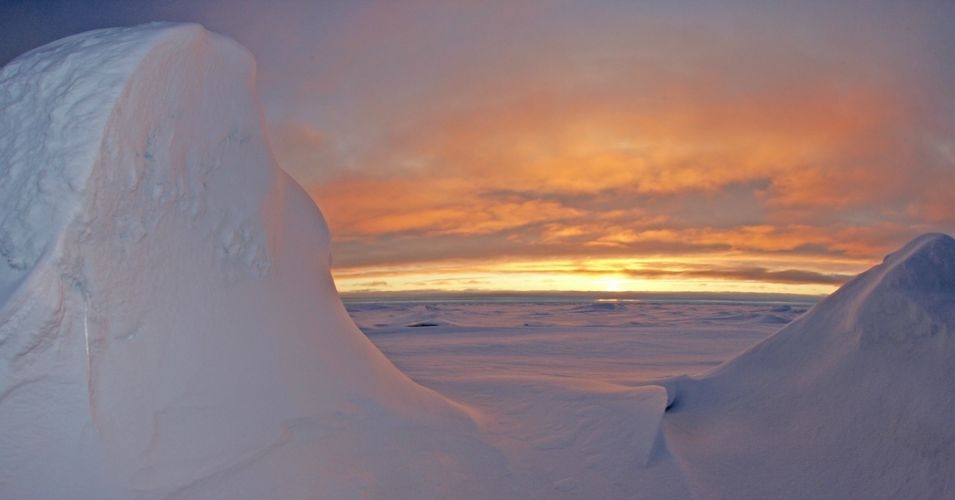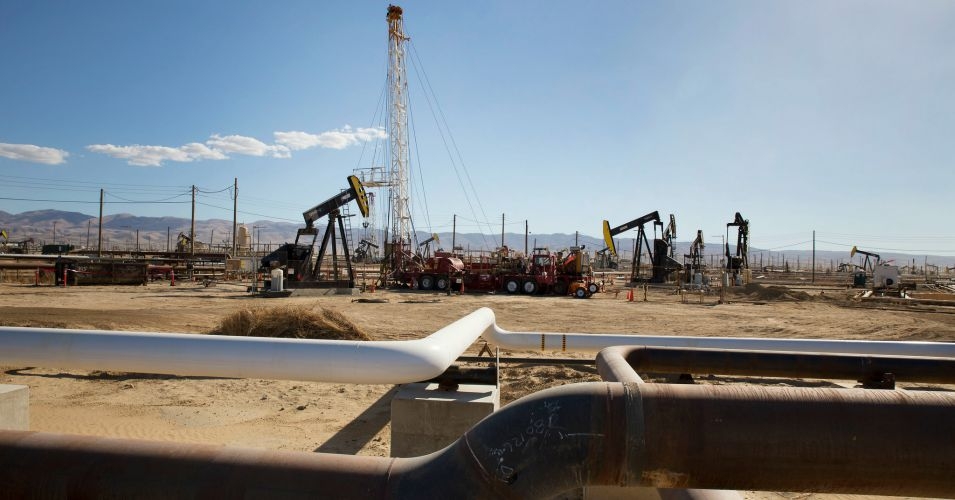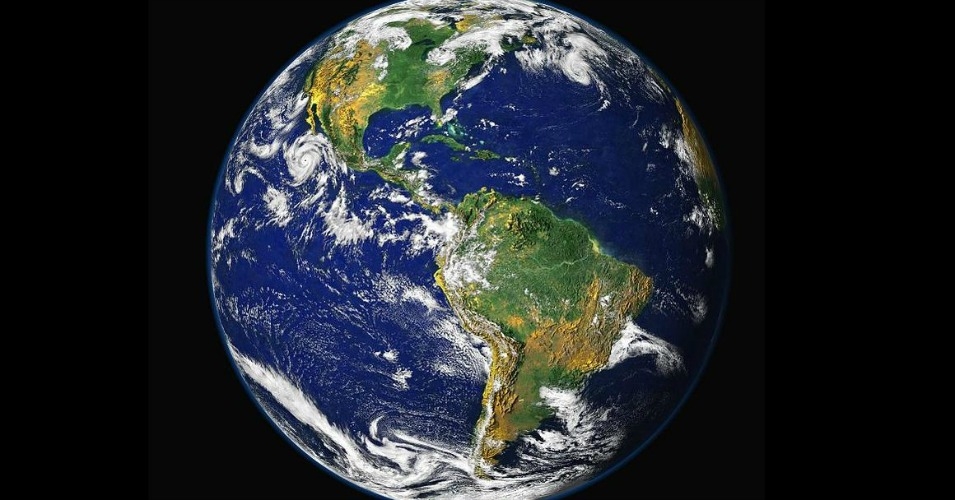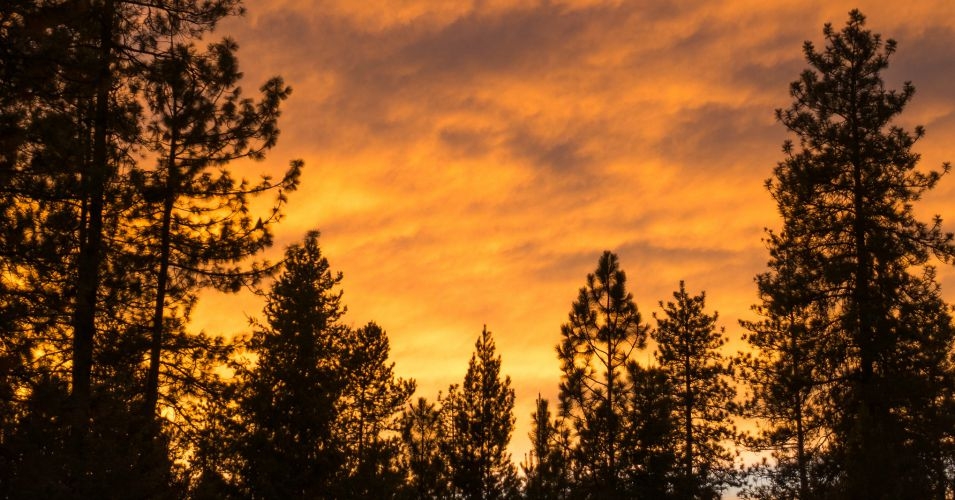The rush for claims to the resource-rich Arctic continued on Tuesday when Russia submitted to the United Nations a renewed bid for territories, sparking environmental fears.
The Russian Foreign Ministry said in a statement that the “application covers an underwater space covering an area of about 1.2 million sq km at a distance of over 350 nautical miles from the coast.”
Agence France-Presse reports that the Arctic shelf area it hopes to claim “would include the North Pole and potentially give Russia access to an estimated 4.9 billion tonnes of hydrocarbons, according to government estimates.”
A 2008 U.S. Geological Survey assessment estimated the Arctic to hold about 13 percent of the world’s undiscovered oil and 30 percent of its undiscovered natural gas.
Because its 2002 application for the area was rejected because of lack of evidence, Russia said its new claim is based on “extensive scientific data collected during many years of Arctic research.”
Environmental group Greenpeace cautioned against exploiting the region for fossil fuel riches.
“The melting of the Arctic ice is uncovering a new and vulnerable sea, but countries like Russia and Norway want to turn it into the next Saudi Arabia,” Greenpeace Russia Arctic campaigner Vladimir Chuprov said in a statement. “Unless we act together, this region could be dotted with oil wells and fishing fleets within our lifetimes.”
“Today’s news feel ominous, but it need not be,” Chuprov stated. “The protection of the Arctic is a defining issue for our times and it can help bring countries together.”
Canadian environmental activist David Suzuki has previously written that looking to mine Arctic fossil fuels in the face of its risks is “incomprehensible,” and that the only sensible approach is to heed climate activists’ advice and leave the fossil fuels in the ground.
“Responding to climate change and vanishing Arctic ice by gearing up to drill for the stuff at the root of the problem is insane. Unfortunately, many fossil fuel companies and governments are engaged in a mad rush to get as much oil and gas out of the ground — no matter how difficult — while there’s still a market,” Suzuki continued.





